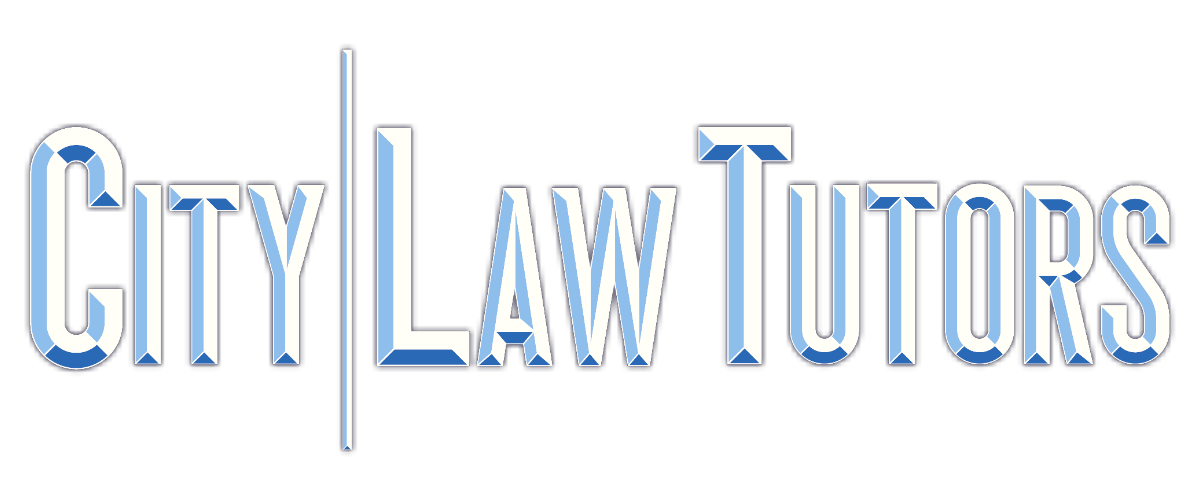
Public Law.
Public Law
Public Law governs the relationship between individuals and the state and includes constitutional law, administrative law, and human rights law. Here's a comprehensive overview of its key components:
Branches of Public Law
Constitutional Law
Focuses on the framework and functioning of the state and its institutions.
Key topics include:
Separation of Powers: Division of power among the executive, legislature, and judiciary (Montesquieu's theory).
Parliamentary Sovereignty: Parliament is the supreme legal authority (A.V. Dicey's principle).
Rule of Law:
No one is above the law.
Laws must be clear and applied fairly.
Constitutional Conventions: Unwritten rules shaping governance (e.g., the Prime Minister must command majority support in the House of Commons).
Administrative Law
Regulates the activities of public bodies.
Key concepts include:
Judicial Review:
Courts review the legality of decisions made by public authorities.
Grounds for review:
Illegality (R v Secretary of State for the Home Department, ex parte Fire Brigades Union).
Irrationality (Associated Provincial Picture Houses Ltd v Wednesbury Corporation).
Procedural Impropriety (Ridge v Baldwin).
Delegated Legislation:
Laws made by bodies other than Parliament, subject to judicial oversight.
Tribunals and Ombudsmen:
Alternative dispute resolution mechanisms for public grievances.
Human Rights Law
Protects individual rights against state interference.
Key sources in the UK:
Human Rights Act 1998:
Incorporates the European Convention on Human Rights (ECHR) into UK law.
Allows courts to issue declarations of incompatibility if legislation breaches human rights.
Common Law:
Historically developed principles protecting individual freedoms.
The UK Constitution
Features of the UK Constitution:
Unwritten (Uncodified):
Derived from statutes, common law, conventions, and works of authority (e.g., Dicey, Bagehot).
Flexible:
Can be amended by ordinary legislation.
Unitary:
Centralized system, though devolution has created powers for Scotland, Wales, and Northern Ireland.
Key Constitutional Principles
Parliamentary Sovereignty:
Parliament can make or unmake any law (Factortame Ltd v Secretary of State for Transport showed EU law's impact pre-Brexit).
Rule of Law:
Laws must govern the state, not arbitrary power.
Constitutional Monarchy:
The monarch's powers are largely ceremonial.
Institutions of Government
The Executive
Comprised of the Prime Minister, Cabinet, and civil service.
Responsible for implementing laws and formulating policies.
Ministerial Responsibility:
Collective Responsibility: Ministers must support Cabinet decisions publicly.
Individual Responsibility: Ministers are accountable for their departments.
The Legislature
Parliament:
Bicameral: House of Commons (elected) and House of Lords (appointed/peerage).
Functions:
Legislation.
Scrutiny of the executive.
Budget approval.
Sovereignty of Parliament: No Parliament can bind its successors.
The Judiciary
Interprets and enforces the law.
Ensures the rule of law through judicial independence.
Engages in judicial review of executive decisions.
Judicial Review in Detail
Grounds for Judicial Review:
Illegality:
Public authorities must act within their legal powers.
Irrationality (Wednesbury Unreasonableness):
Decisions must not be so unreasonable that no reasonable authority could have made them.
Procedural Impropriety:
Authorities must follow fair procedures.
Remedies:
Quashing Orders: Nullify an unlawful decision.
Prohibiting Orders: Prevent unlawful actions.
Mandatory Orders: Compel authorities to fulfill duties.
Injunctions: Prevent harm.
Damages: Rare, but possible under Human Rights Act 1998.
Human Rights in Public Law
European Convention on Human Rights (ECHR):
Key Articles:
Article 2: Right to life.
Article 3: Prohibition of torture.
Article 6: Right to a fair trial.
Article 8: Right to privacy.
Article 10: Freedom of expression.
Article 11: Freedom of assembly.
Human Rights Act 1998:
Allows domestic courts to interpret legislation in line with ECHR rights (s.3).
Enables courts to declare incompatibility when UK law violates human rights (s.4).
Limitations and Derogations:
Rights can be limited for legitimate aims (e.g., national security).
Devolution in the UK
Scotland:
Scottish Parliament has significant legislative powers (e.g., education, health).
Wales:
Welsh Parliament has more limited powers compared to Scotland.
Northern Ireland:
Unique powers due to the peace process (Good Friday Agreement).
Key Public Law Cases
Entick v Carrington (1765):
Established that state action must have legal authority.
M v Home Office (1994):
Reaffirmed that even ministers are subject to the rule of law.
A v Secretary of State for the Home Department (2004):
Held indefinite detention of suspected terrorists incompatible with human rights.
Brexit and Public Law
Shifted the UK legal landscape:
Ended the supremacy of EU law.
Introduced retained EU law under the European Union (Withdrawal) Act 2018.
Raised constitutional questions about parliamentary sovereignty and devolution.
Tutoring Focus
Mastering constitutional principles like separation of powers and rule of law.
Developing deep understanding of judicial review.
Practicing application of human rights law to practical scenarios.
Exam preparation techniques for essay and case-based questions.
Would you like assistance with a specific topic, such as judicial review, the Human Rights Act, or constitutional conventions? Or would you like help with analyzing a problem question? Speak with a Public Law Tutor.
The Benefits
Discover why you should choose City Law Tutors. Why us?
The Next Step
Purchase a trial session or purchase tutoring or our study guides and get started with City Law Tutors!

